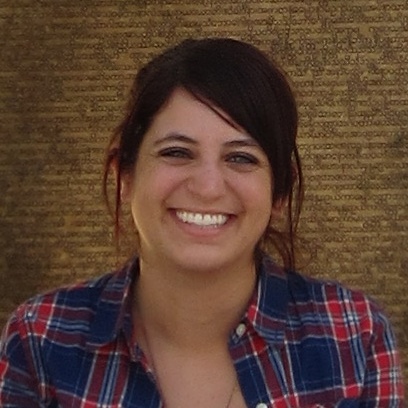Posted at 18:40h in
General by admin Back in the old days, education in Cambodia was provided by traditional Buddhist temples and it had been maintained as a male privilege. After the ups and downs that the country has gone through during the colonial period and the reign of the Khmer Rouge, the current democratic Cambodian government eventually came to power in 1979 it had to reconstruct the entire education system as guaranteed in the constitution – free compulsory education should be provided to all citizens for nine years, and the universal right to basic quality education should be upheld. The implementation of such rights, however, has always been difficult. Problems that the Cambodian education system faces include: inadequate government funding (a mere 2.1% of GDP; ranked 153
th in world), a severe shortage of qualified teachers, poor morale due to low wage levels and lack of appropriate teaching materials. Enrollment rate remains unsatisfactory especially in rural areas as children usually have to stay at home and help their families in the fields. As a result, low literacy rates still persist: only around 70% of the population can read and write, with the percentage of literate women significant lower than that of literate men (CIA world factbook, 2012). I many Southeast Asian cultures, where boys are perceived as the primary breadwinner, the priority of opportunities for schooling and training goes to boys. Many girls, due to a lack of education and as a result a lack of alternative means to sustain their livelihood, are forced into involuntary labor and even prostitution. According to UNICEF (2005), an estimated 30 % of sex workers in Cambodia are under 18 years of age, having less than three years of basic education and little or no vocational skills. The link between the lack of education and girls’ vulnerability is therefore, crystal clear.


